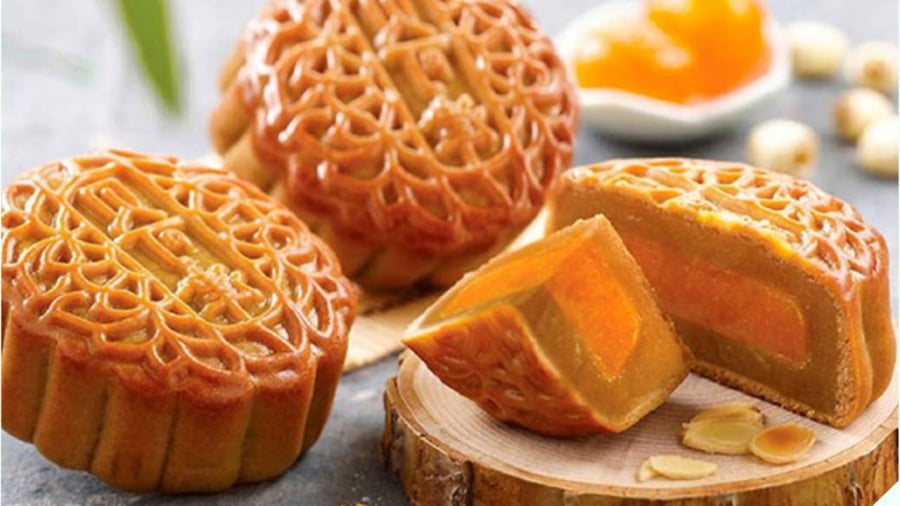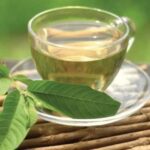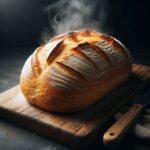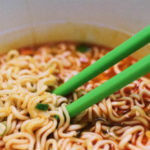Mooncakes are a traditional delicacy often enjoyed during the Mid-Autumn Festival. However, this treat may not be suitable for everyone. With high sugar and fat content, along with other ingredients that can be harmful to health when consumed in excess, some individuals should limit or even avoid mooncakes altogether to protect their well-being.
Here are 7 groups of people who should refrain from eating mooncakes:

Some individuals need to limit or avoid mooncakes altogether
1. People with diabetes
Mooncakes tend to be high in sugar, especially those with sweet fillings like mung bean, mixed nuts, or lotus seed paste. For individuals with diabetes, consuming too much sugar can lead to high blood sugar levels, negatively impacting their health. Mooncakes have a high glycemic index, meaning they cause a rapid increase in blood sugar after consumption, which is particularly dangerous for diabetics. Therefore, if you have diabetes, it is best to avoid mooncakes or opt for diabetic-friendly versions with reduced sugar content.
2. Individuals with cardiovascular disease
Traditional mooncakes often contain high amounts of fat, especially the mixed nut variety, which includes salted duck yolks, pork fat, and Chinese sausage. These ingredients can increase cholesterol levels and pose risks to those with cardiovascular conditions. A diet rich in saturated fat can lead to atherosclerosis, high blood pressure, and other cardiovascular issues. Thus, individuals with a history or current diagnosis of cardiovascular disease should limit or avoid mooncakes.
3. People struggling with obesity
Mooncakes are calorie-dense, with a single small cake potentially containing hundreds of calories. Overindulging in mooncakes can lead to uncontrolled weight gain, especially for those already battling obesity. Obesity not only affects physical appearance but also contributes to serious health issues such as diabetes, cardiovascular disease, high blood pressure, and joint problems. Therefore, if you are concerned about your weight, it is advisable to limit mooncake consumption to maintain a healthy body.
4. Individuals with fatty liver disease
Fatty liver disease is a condition where large amounts of fat accumulate in the liver, impacting its function and potentially leading to cirrhosis or liver cancer. Mooncakes, particularly the mixed nut variety, tend to be high in fat and sugar, placing additional strain on the liver. For those with fatty liver disease, consuming mooncakes can exacerbate their condition. Therefore, individuals with this ailment should steer clear of mooncakes or consume them in very small quantities, opting for low-fat, low-sugar alternatives.
5. People with stomach ailments
Mooncakes are laden with sugar and fat, making them difficult to digest and potentially increasing stomach acid secretion. This can lead to feelings of fullness, indigestion, and even stomach ulcers. Individuals suffering from stomach ailments, particularly stomach ulcers or gastroesophageal reflux disease, should refrain from eating mooncakes to prevent aggravating their condition. If you crave mooncakes, opt for those with mild fillings that are low in sugar and fat to minimize the impact on your stomach.
6. Elderly individuals
The elderly often have a weakened digestive system and are more susceptible to health issues related to blood sugar, cardiovascular health, and blood pressure. Mooncakes, with their high sugar and fat content, are not an ideal choice for seniors. Consuming mooncakes can lead to problems such as high blood sugar, indigestion, and high blood pressure. Therefore, older adults should limit their mooncake intake or, if they do indulge, opt for mild, less sweet varieties in small quantities.
7. Children
While children often enjoy mooncakes, parents should be mindful that these treats are high in sugar and fat, which can negatively affect their health. Overindulging in mooncakes can contribute to weight issues, such as obesity and tooth decay. Instead of allowing children to consume excessive amounts of mooncakes, parents should offer fresh fruit and healthy snacks to protect their little ones’ health.
diabetes/’ title=’The Ultimate Guide to Nature’s Power: 3 Leaves to Brew for a Healthy Beverage – Lower Cholesterol and Manage Diabetes.’>The Ultimate Guide to Nature’s Power: 3 Leaves to Brew for a Healthy Beverage – Lower Cholesterol and Manage Diabetes.
What Ailments Do Regular Soft Drink Consumers Risk?
Consuming excessive amounts of sugary soft drinks can pose a serious health risk due to the surplus of empty calories and the lack of essential nutrients. So, what are the potential health issues for those who indulge in these beverages regularly? Let’s explore the potential dangers and uncover the truth behind the health implications of soft drink consumption.



































